A New Year’s resolution can quickly turn into an empty promise (usually by the second week). But if you’re determined to make 2023 your year and want a fighting chance at keeping your resolution, here’s the secret: Track the hell out of it. Take notes, monitor your progress, and keep yourself engaged so that given enough time, your resolution turns into an automatic habit. But to get there, you might need some help. In that pursuit, we’ve rounded up 10 different tracking apps to empower your New Year’s resolution, from habit tracking, to alcohol intake, to reading, diet, fitness, and more.
Way of Life: a habit tracker with allowances, designed for real humans
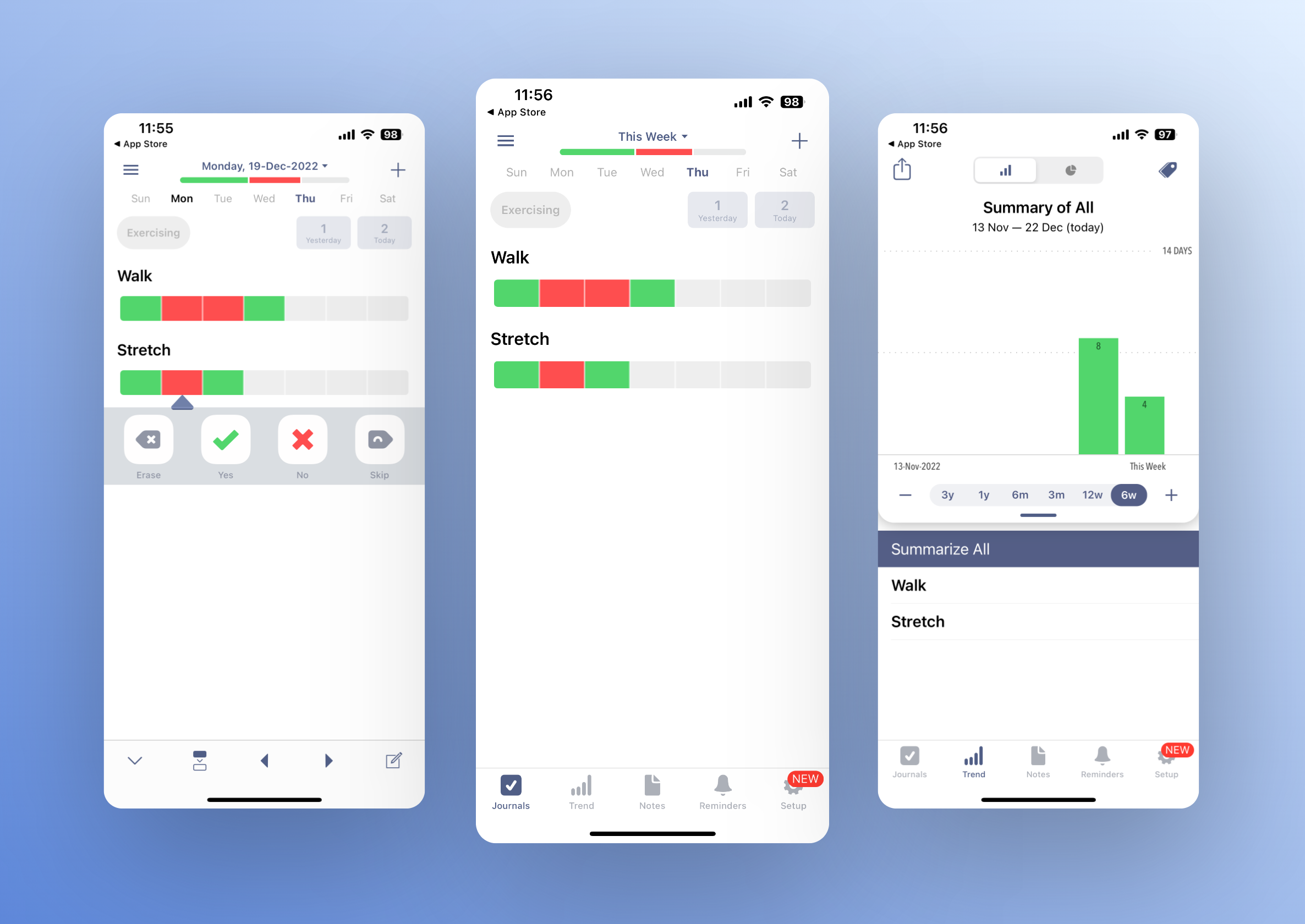
Inevitably, you’ll miss a day of workout or meditation, break your streak, and feel devastated. Sometimes, that’s enough to not start again until the next year. You are not the problem here — the system is. That’s why we like the Way of Life app so much. Here, you can set custom streaks for any habit. You can choose to work out five days a week with two days of rest, or specify that you only want to meditate three days a week. The app can’t shame you for off days if you built them in yourself. But even if you miss a day, you can add a note, and explain why you missed.
Timery/Toggl: track your time, the way you want
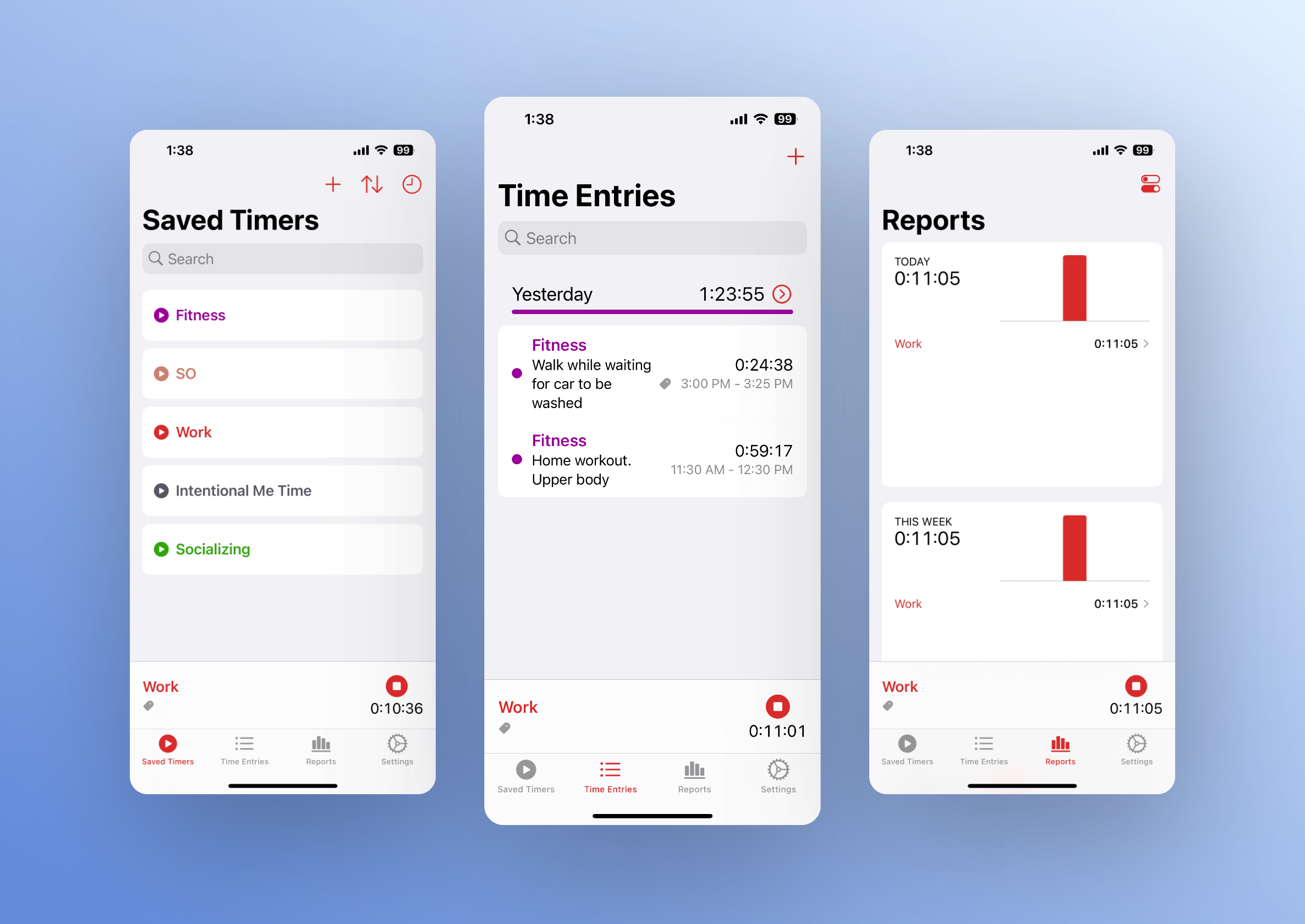
Time tracking doesn’t have to be complicated, and you don’t need to track everything in your life. But tracking a few important things will give you a great insight into how you’re actually spending your time. One way is to use a free service like Toggl, which offers both a website and multiple apps on all platforms. For Apple users, the Timery app is an added bonus — it’s a thoughtfully designed app that integrates with Toggl and supports widgets, Apple Watch, and Shortcuts automation, making it easy to record your time (which is the biggest issue with time tracking).
StickK: a legally binding social contract to get through your resolution
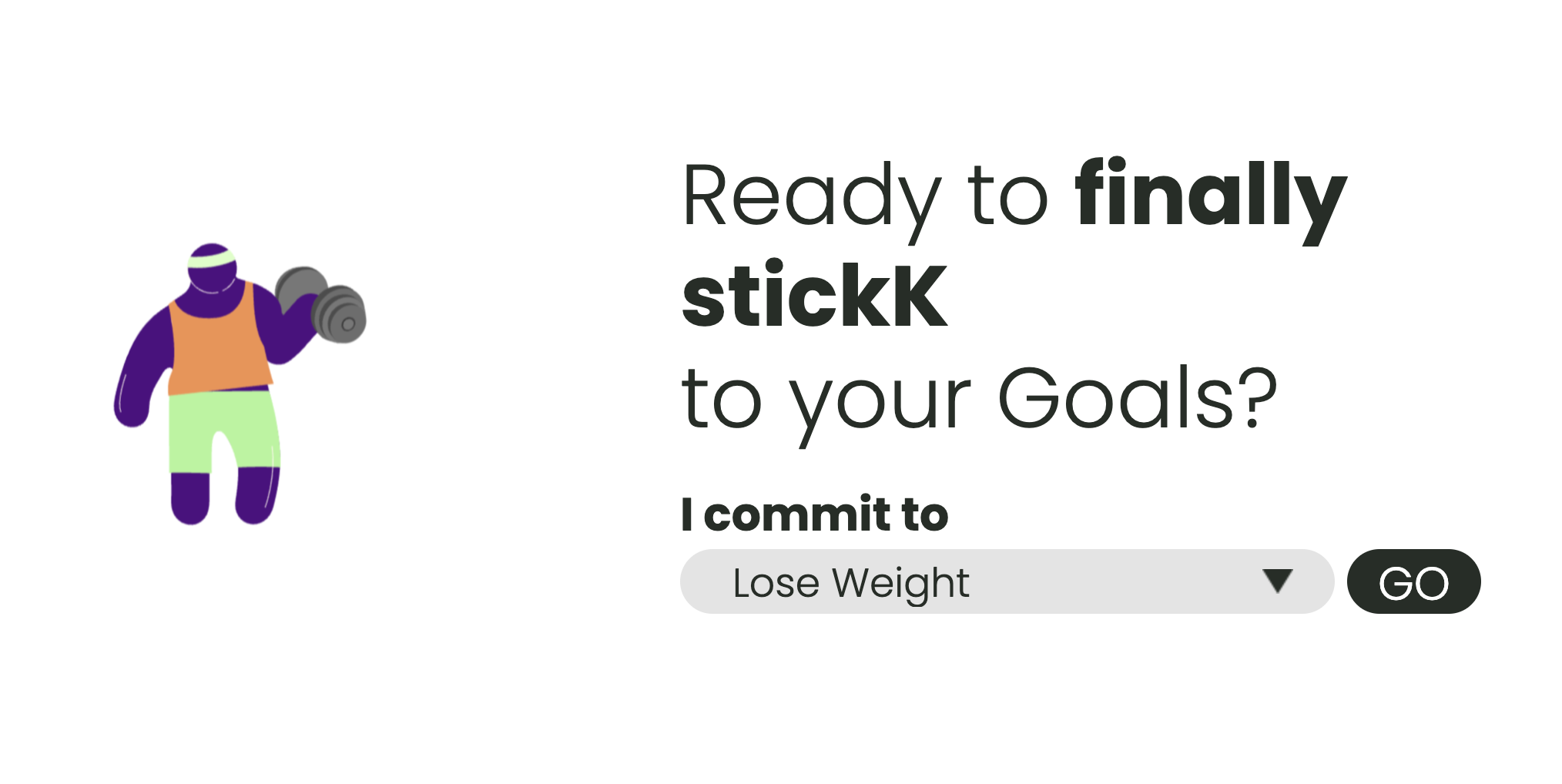
It’s common knowledge that accountability pushes you to achieve goals, but StickK takes that philosophy to a new level. Here, you can make a social commitment for a goal (let’s say I want to lose five pounds by the end of the year), then you pick a real person to bind the contract to. StickK calls them referees, and the app will arrange the contract for you. With StickK, you set the consequences for failure. You can choose to donate money or post something on social media if the terms of the commitment aren’t met. These “punishments” are triggered when you don’t hit your goals in the app, so you probably shouldn’t sign up if you feel wishy-washy about your resolutions.
I Am Sober: track your sobriety
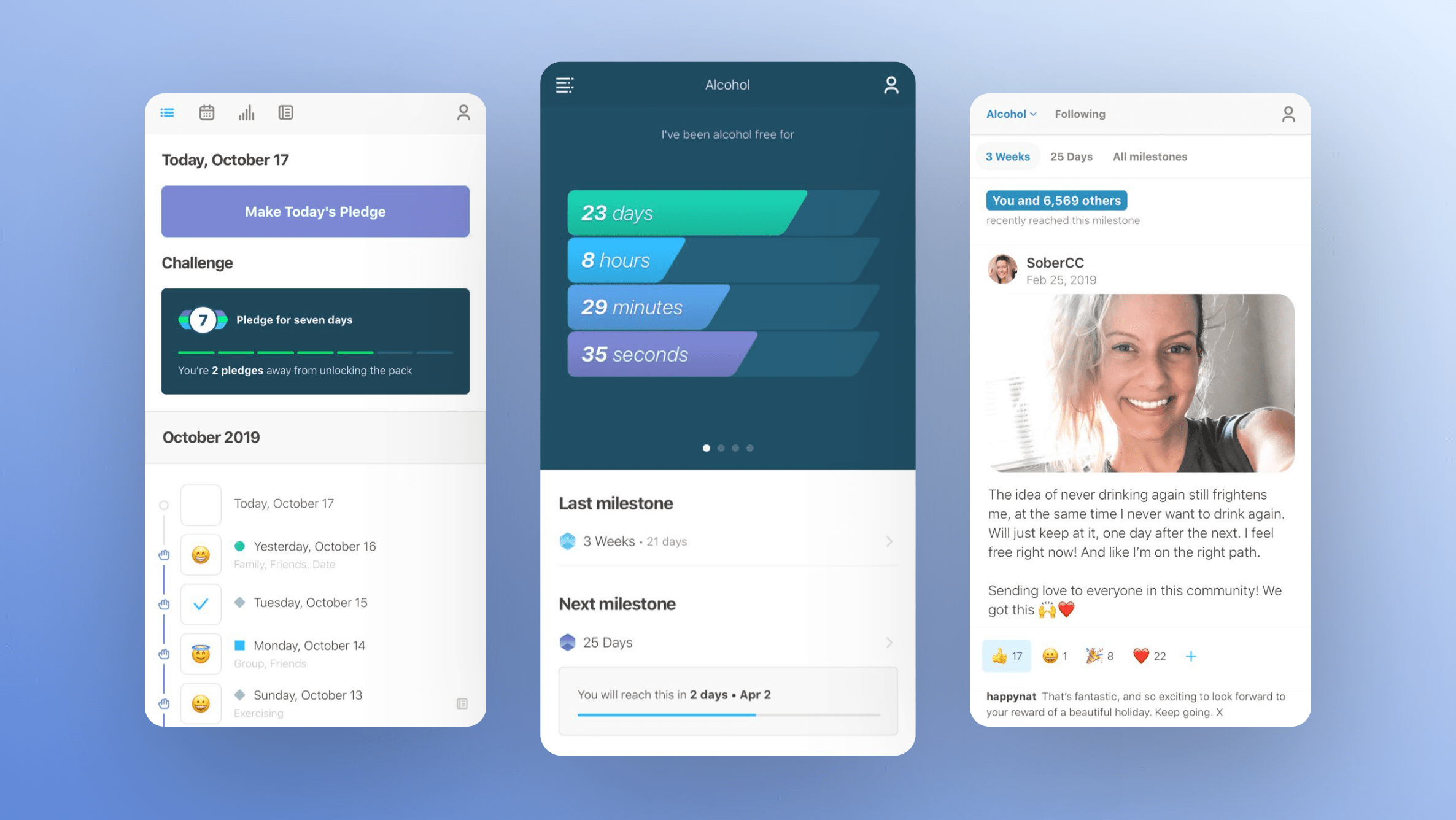
Sobriety is a lifelong pursuit, and tracking can help. This is one of those times when seeing your daily streaks can be a powerful motivator. You can use multiple apps to do this, but I Am Sober is a free and popular choice. The app has a great community aspect to it, so you can feel connected with others who have the same goal. Alternatively, if you’re simply trying to limit your alcohol intake, try using a tracking app like Less on your iPhone.
Book Tracker: track your reading, with privacy
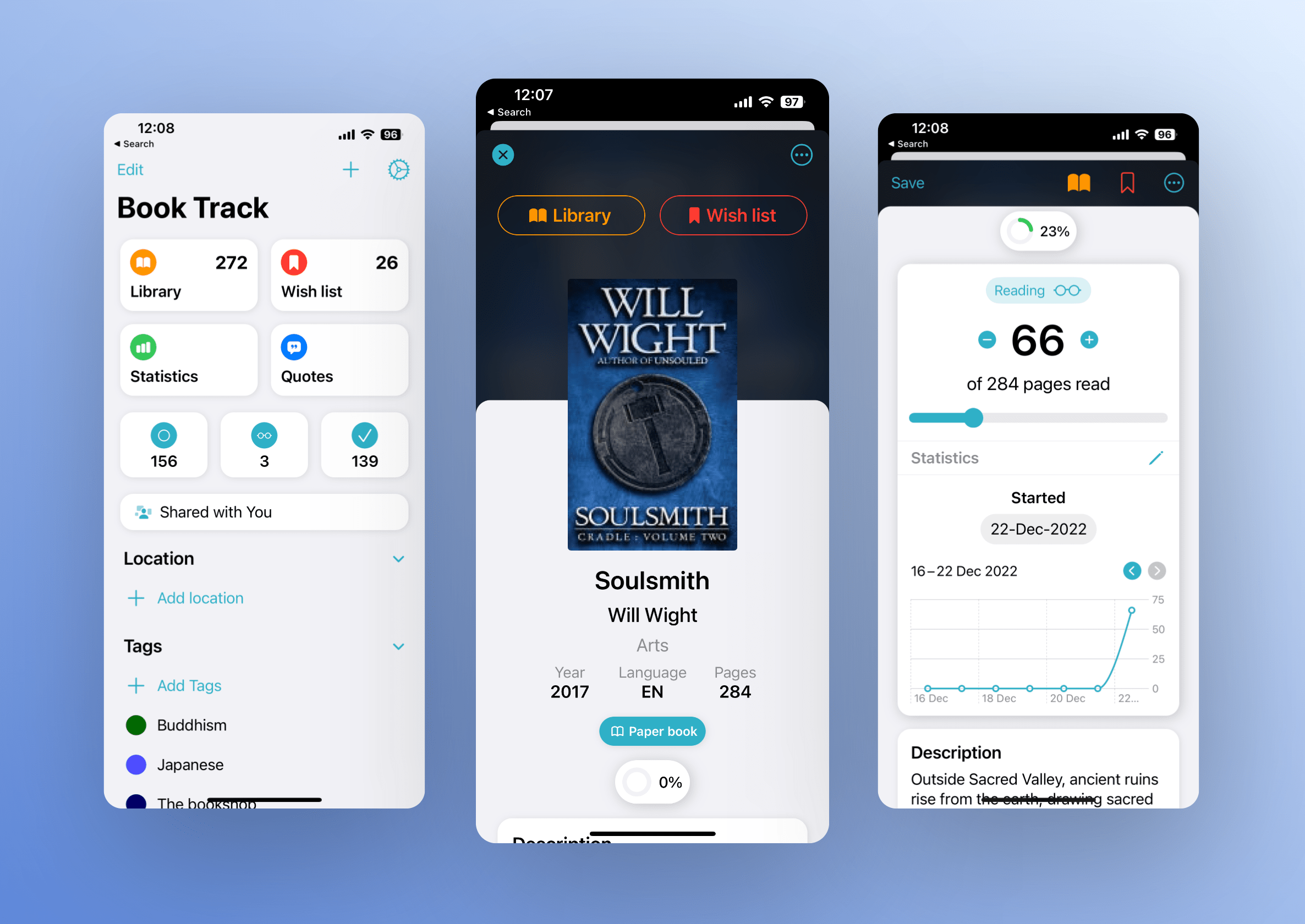
If your New Year’s resolution is to read more books, you should do two things: First, define a concrete goal (maybe you want to read 23 books in 2023), and second, choose an app to track your progress. Goodreads is an incredibly popular platform for tracking books and reading progress, but the app is quite bad. If you’re an iPhone, iPad, or Mac user, you should try out the Book Tracker app. It’s an indie app with a great design that lets you both import your Goodreads collection and manually scan or add any book. You can then sort it into collections, track currently reading books, update progress, and more. If you’re on Android, the Bookshelf app will do the trick just as well.
Cronometer: track nutrition, not just calories
When you’re trying to be “healthier,” the first thing that might come to mind is calorie counting. But there are more (and better) things to track. You can start tracking your nutrition and activity, and an app like Cronometer can help. You can record what you eat, look at their recommendations, and see how you can slowly shift your outlook on food and nutrition.
Nice: track your sexual escapades
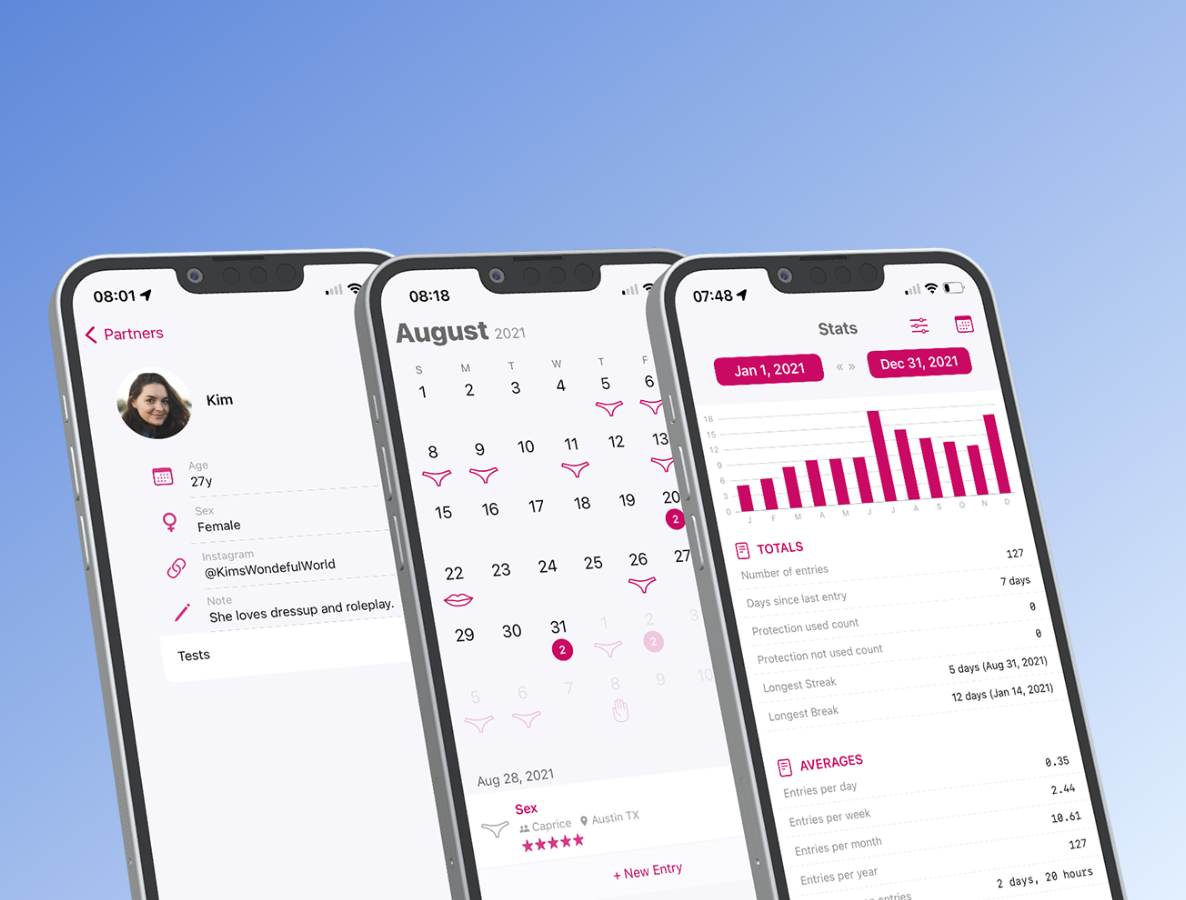
Recording your escapades, journaling about it, and gleaning insights over time can be a helpful way to improve your sex life. With the Nice app, you can record details about your sex life with privacy (there’s a lock, don’t worry). You can record partner details, duration, location, STDs, protection usage, and, of course, you can take notes (which you should). But, of course, remember that sex tracking is not ultimately about the quantity, but the quality.
Water Minder: track your hydration levels
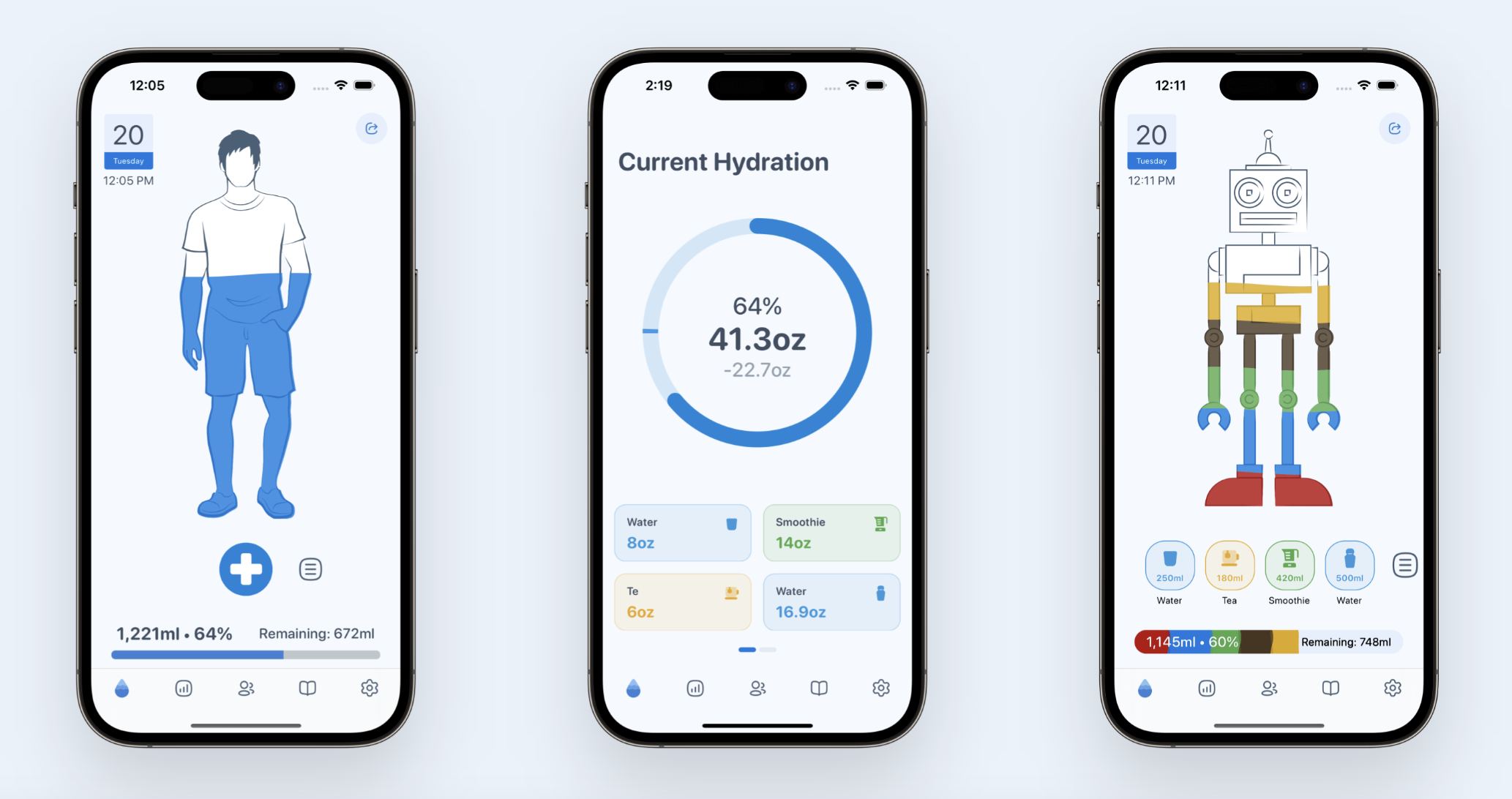
If you’re a runner or go to the gym, you know how important hydration is for your leg muscles. But knowing it and actually drinking enough water (which can be upwards of four to five litres a day), isn’t the same thing. That’s where an app like Water Minder can really help. Water Minder is a visual app that shows your water intake levels throughout the day. You can easily add, track, and see water intake reports with which you can correlate with your moods, workouts, or running stats. You might find some surprising insights.
Daylio: track your moods, and start quick journaling
Tracking your mood and your mental health in short bursts over time can give you deep insight into both. Whether you’re struggling with mental health issues or just dealing with the regular stress of life, tracking your moods can be the first step towards seeing a bigger picture.
Tracking will help you gain insight into what exactly is going on (or going wrong). And, if you’re talking to a therapist, specialist, or doctor, your mood data can help them make better decisions. Mood trackers like Daylio are quite simple, and you can customise them how you want. You can record your mood at any given point of the day, add a couple of notes, or record your overall mood for a day. Plus, you can use the app as a way to get into journaling, which has a range of benefits in its own right.
Pedometer++/Google Fit: counting steps can go a very long way

You don’t need a fancy new year’s resolution to start 2023 on the right foot. Choose a step goal (maybe 5,000 or 10,000 steps a day) and try to reach it five days a week. You’ll be surprised at the change these steps bring over the course of the year. And, whether you have an iPhone or an Android, your smartphone has the ability to track steps by default.
However, if you want more features to track your steps, try a dedicated app. On iPhone, check out the free Pedometer++ app. It has great widgets for both the Home Screen and Lock Screen. On the Android side, Google Fit is the best way to go about tracking your steps.
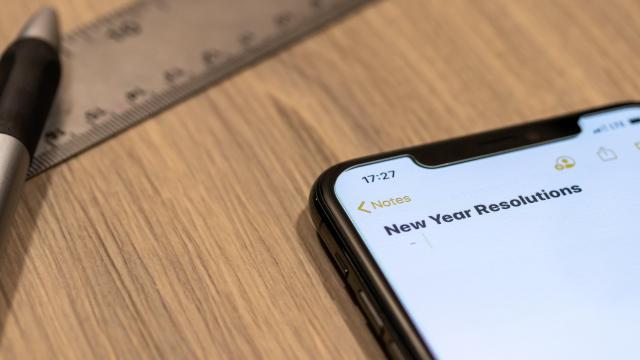
Leave a Reply
You must be logged in to post a comment.